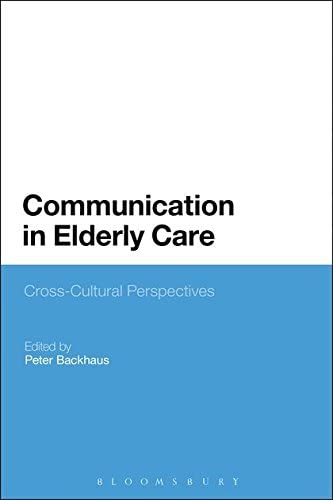
Many rights are available to residents of assisted living facilities. These rights include the right of residents in assisted living facilities to choose their care, the right eat three balanced meals per day, as well as the right to be provided with a service plan tailored to their specific needs. This information will allow you to make the best choice for your loved.
Residents in assisted living have greater rights than those who live in nursing homes.
Residents in assisted living have rights that are not available to residents of nursing homes. One of their rights is the ability to make their own decisions about their treatment and care. This includes the freedom to choose the food and time they eat. They are also entitled to participate in care planning meetings, and to make financial decisions.
As a social worker it is my responsibility to protect residents' rights, regardless their sex or race, religion, or nationality. I'm aware that people with dementia face a variety of challenges, including the loss of physical and cognitive function. You may also have privacy issues or lose old social relationships. There are some residents who experience discrimination based upon their religion, age or sex.

They have the right to make decisions about their care
As residents of assisted living facilities, there are many rights that they have and obligations that they must fulfill. One of these is the right to make choices about their care. This right is important in many ways. This right must be respected by assisted living facilities as well. These rights must be respected by residents who should be free to express their opinions. This includes the right of residents to write letters, use personal phones and receive mail. Caregivers must respect the wishes of residents, and not interfere with their privacy. It is important that residents are informed about any changes to their care program.
A resident has the rights to review medical records, get advance notice of transfers or discharges, as well as access to records. Within one business day of the resident's request, the facility must provide copies of these records. They should be permitted to join resident groups.
They can have three healthy meals per day
A meal plan should address the nutritional needs of residents. It is difficult to create a meal plan for each resident, since they may have different tastes. Also, it is important to take into account cultural differences, religious requirements and physical conditions. As a result, the menus should offer a wide variety of foods.
Therapeutic diets must be approved by the attending physician, although the physician may delegate this responsibility to a licensed dietitian. The state laws and regulations must be adhered to by the licensed dietitian. Each resident has the right for three nutritious meals per days. The facility must accommodate their needs and preferences.

They can have a service plan that suits their needs.
A service plan documents the services that a resident can receive. A service plan should reflect the individual needs and preferences. Residents should be able to choose which of these services are offered and what services they can forgo. They should be able to discuss any issues with their providers before deciding on a service plan.
Many assisted-living facilities have adopted NRAs. Some states even consider them to be a regulatory requirement. NRAs promote open, documented conversations that allow providers to better understand residents' needs and help them avoid restricting their choices.